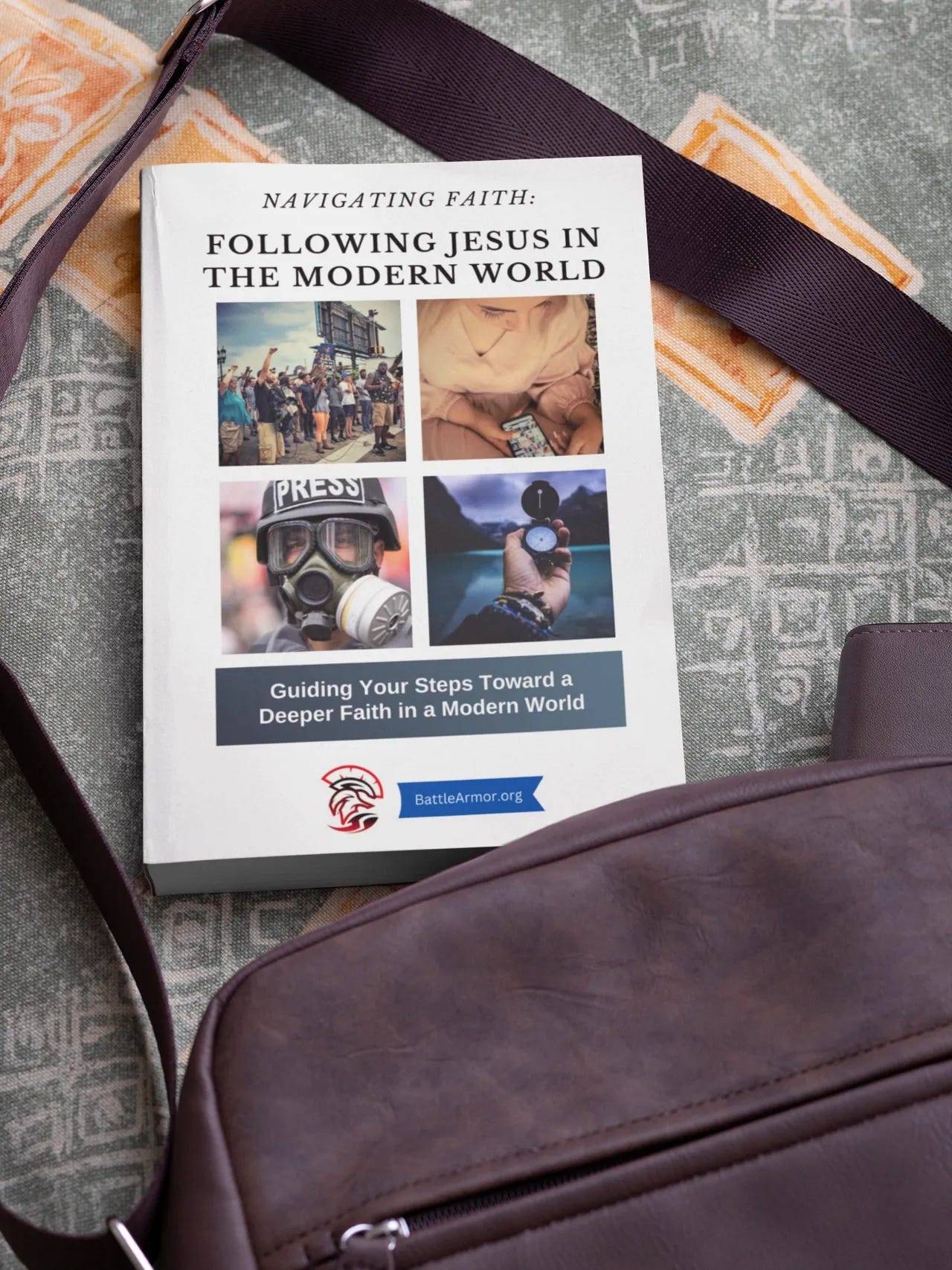Jordan Peterson, a renowned Canadian psychologist, has made significant contributions to discussions on personal responsibility, meaning, and faith. His views have drawn the attention of many Christians, as Peterson often references biblical stories and principles in his lectures. Yet, when it comes to his personal Christian beliefs, Peterson remains hesitant, sitting on the proverbial fence—appreciating aspects of Christianity but unwilling to fully commit to its core tenets.
While Peterson's journey is one of intellectual honesty and careful consideration, there’s a deeper spiritual truth at play: the fence is not neutral ground. As the old saying goes, “The devil owns the fence.” From a biblical perspective, indecision in matters of faith carries eternal consequences.
Lukewarm Faith: Neither Hot nor Cold
Scripture warns against spiritual indecision and lukewarm faith. In Revelation 3:15-16, Jesus speaks to the church in Laodicea:
"I know your deeds, that you are neither cold nor hot. I wish you were either one or the other! So, because you are lukewarm—neither hot nor cold—I am about to spit you out of my mouth."
This passage highlights that neutrality in matters of faith is not an option. To be lukewarm is to be distasteful to God; the fence represents this kind of indecision. God desires a clear, committed response—either a full embrace of the truth or a conscious rejection—but not half-heartedness.
In Peterson’s case, his reluctance to fully claim Christian beliefs places him in a precarious position. His intellectual wrestling is valid, but from a biblical viewpoint, lingering indefinitely in uncertainty is a dangerous path.
The Devil’s Fence
The phrase “the devil owns the fence” speaks to the illusion of neutrality in spiritual matters. Jesus makes it clear that one cannot serve two masters. In Matthew 12:30, He says:
"Whoever is not with me is against me, and whoever does not gather with me scatters."
There is no middle ground when it comes to faith in Christ. The “fence” is often viewed as a place of waiting, evaluating, or deciding, but from a spiritual standpoint, remaining on the fence is a decision in itself. To delay or avoid commitment to Christ is, by default, to reject Him.
The enemy of our souls, Satan, uses indecision to his advantage. He doesn't need to convince someone to actively oppose God; he only needs them to remain passive and uncommitted. By holding a person in a state of uncertainty, he ensures they never experience the transformative power of the gospel.
The Call to Surrender
Christianity is not just an intellectual exercise; it requires surrender of the heart, mind, and soul to the person of Jesus Christ. Peterson’s fascination with biblical stories and Christian ethics is a good starting point, but Christianity is more than moral values or archetypal lessons—it’s about a relationship and transformation. Romans 10:9 declares:
"If you declare with your mouth, ‘Jesus is Lord,’ and believe in your heart that God raised him from the dead, you will be saved."
Faith in Christ calls for a public and personal confession. It requires stepping off the fence and into the full embrace of God’s grace and truth.
The Danger of Incomplete Faith
A danger that intellectual figures like Peterson face is embracing only parts of the Christian message without fully accepting its core. Appreciating Jesus as a great moral teacher or a figure of meaning is not enough. C.S. Lewis addressed this issue in his famous Liar, Lunatic, or Lord argument, reminding us that Jesus did not leave room for neutrality:
"You can shut Him up for a fool, you can spit at Him and kill Him as a demon, or you can fall at His feet and call Him Lord and God. But let us not come with any patronizing nonsense about His being a great human teacher. He has not left that open to us."
Jesus claimed to be the Son of God, the Savior of humanity. To sit on the fence is to misunderstand the magnitude of His claim. As Lewis points out, either Jesus is who He said He is, or He is not. Fence-sitting leaves a person stranded without the salvation that comes through fully accepting Christ.
The Fence is No Place to Be
For Jordan Peterson, as well as many others who find themselves captivated by Christianity but hesitant to fully commit, the message of the Bible is clear: there is no neutral ground. Spiritual indecision is a choice, and the devil owns the fence.
The call to faith is a call to trust, to step beyond intellectual admiration into a personal relationship with Jesus Christ. It’s a choice every person must make. As Jesus said in John 14:6:
"I am the way and the truth and the life. No one comes to the Father except through me."
There is no middle way. The question is not whether Christianity provides meaning but whether Christ is the Savior. True faith requires stepping off the fence and into the arms of the one who offers eternal life.






